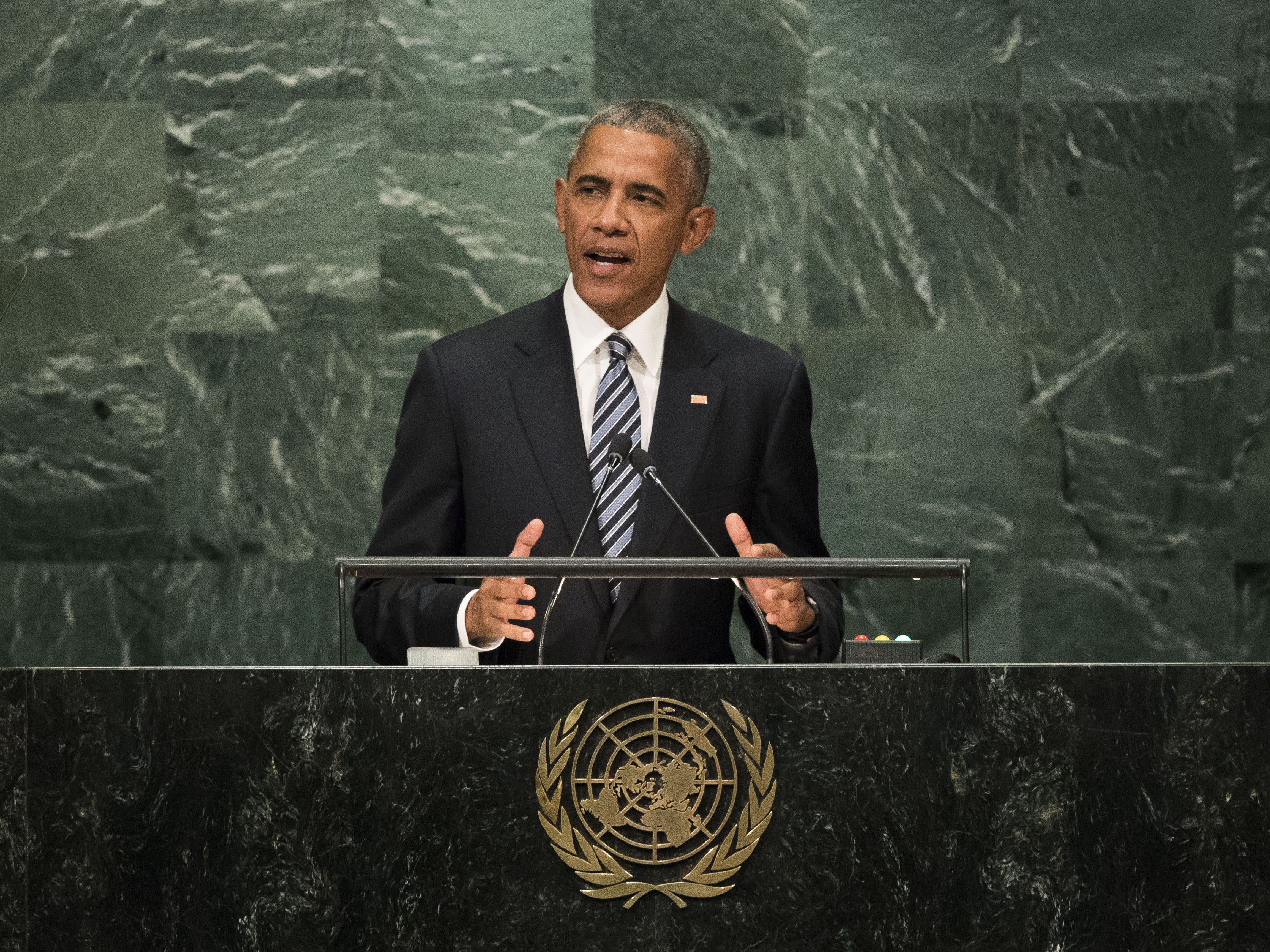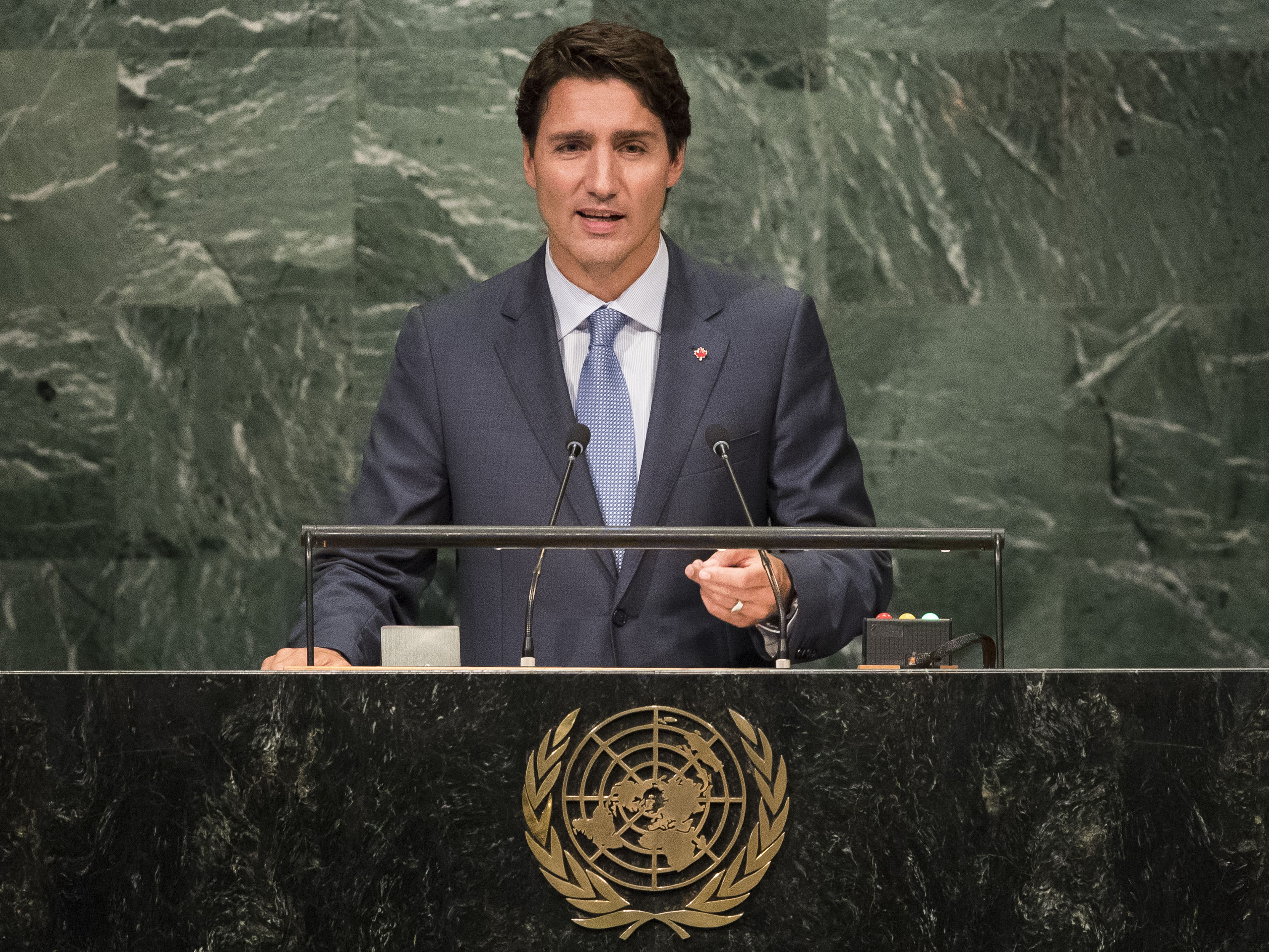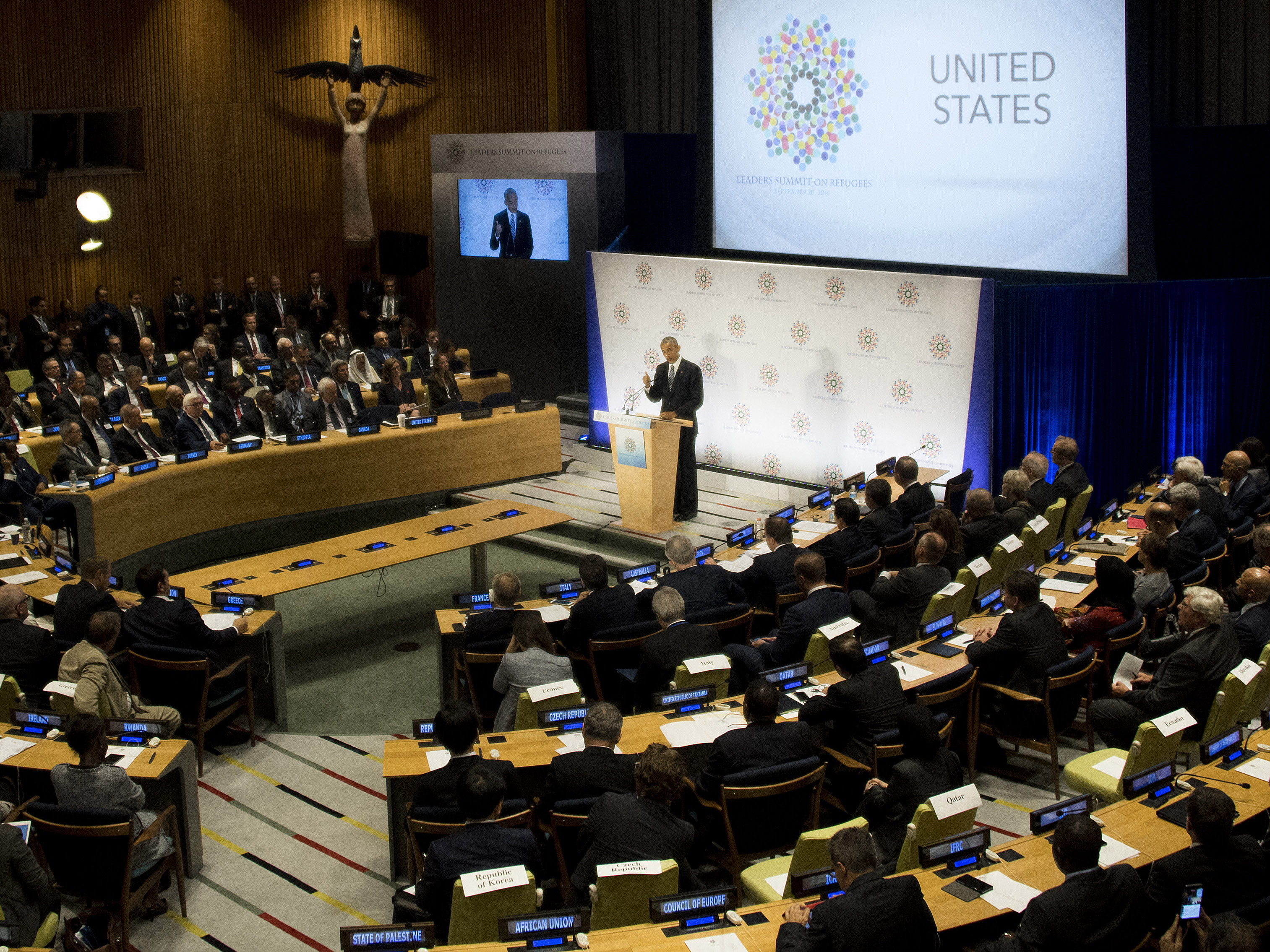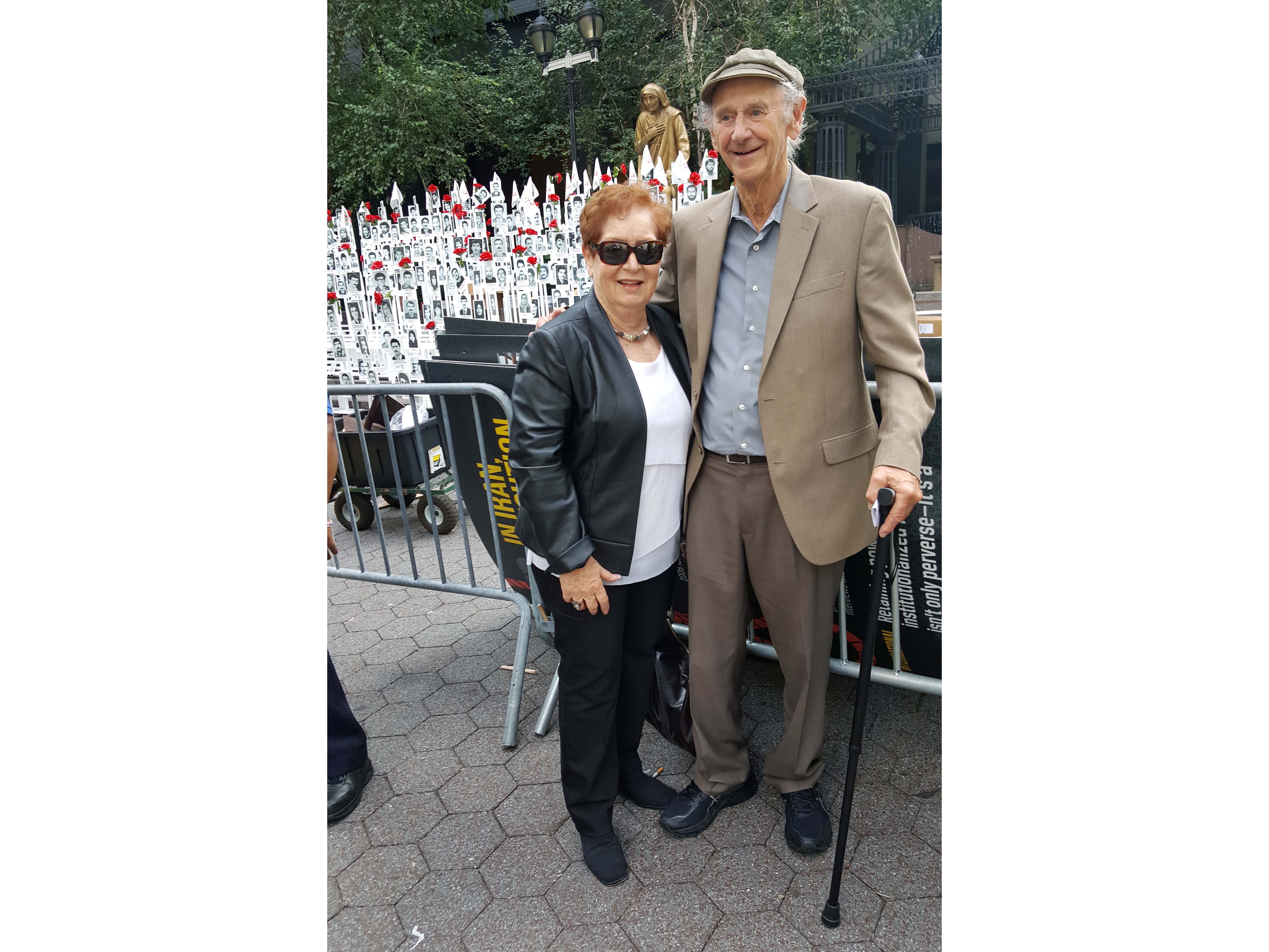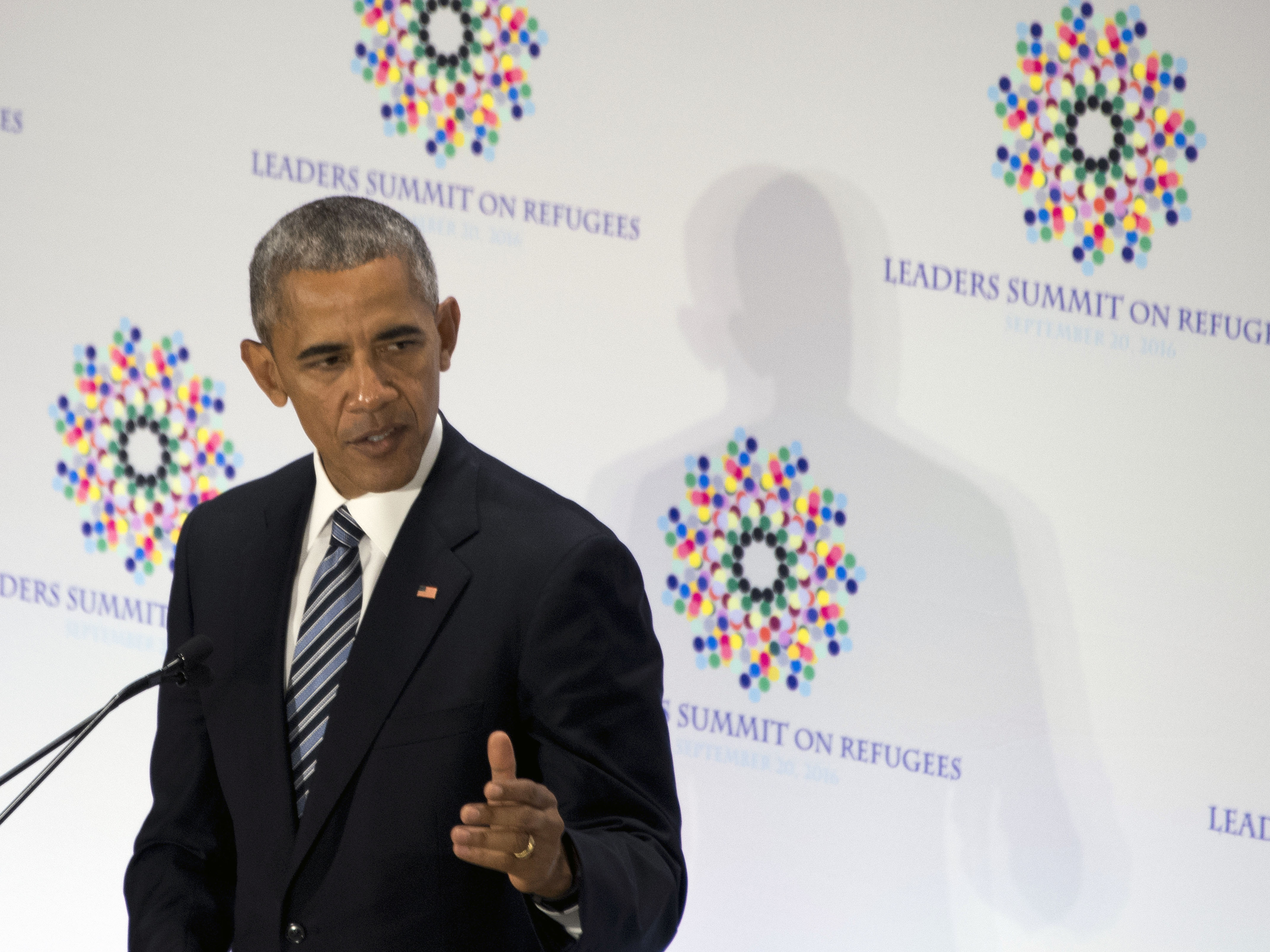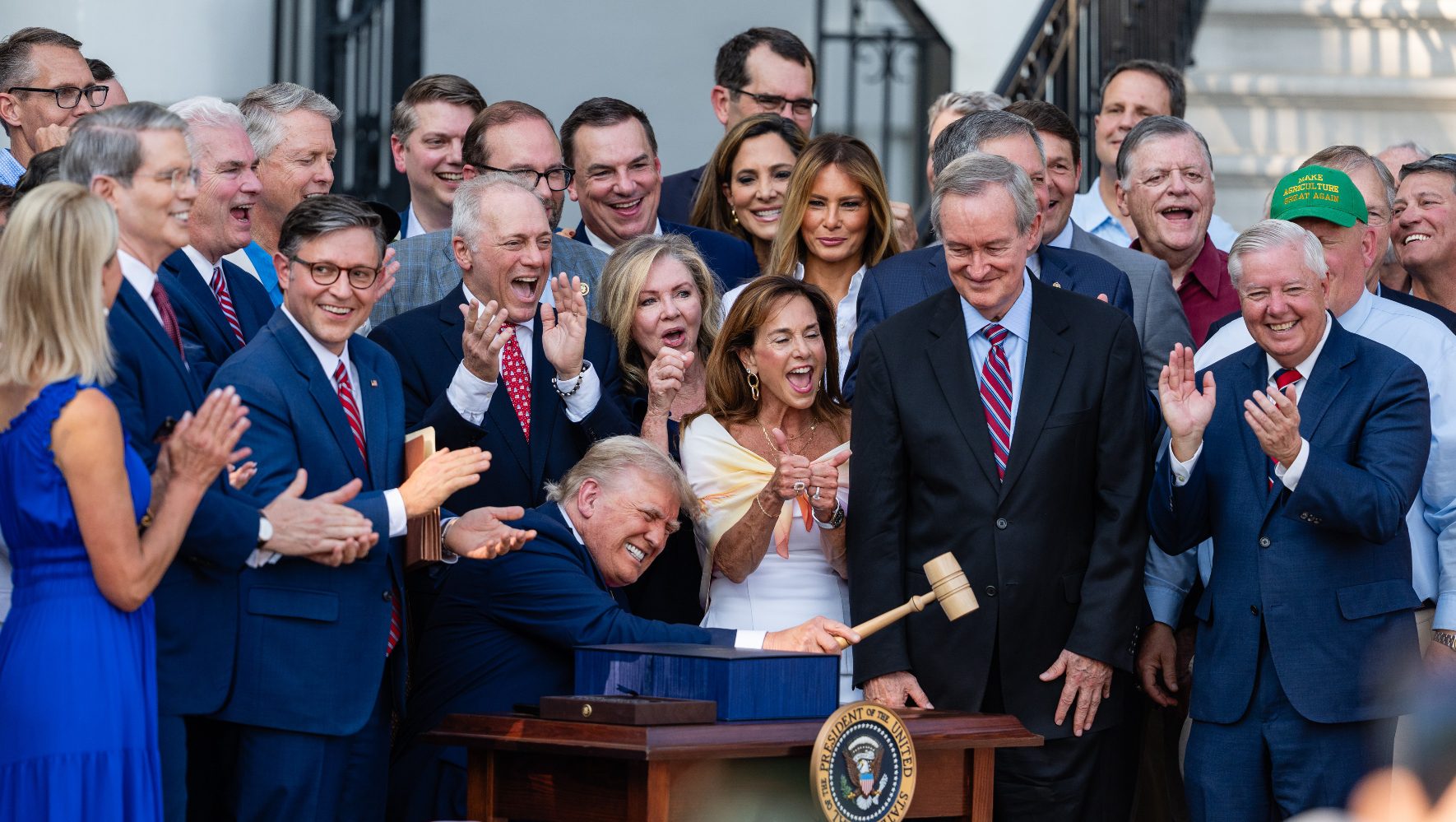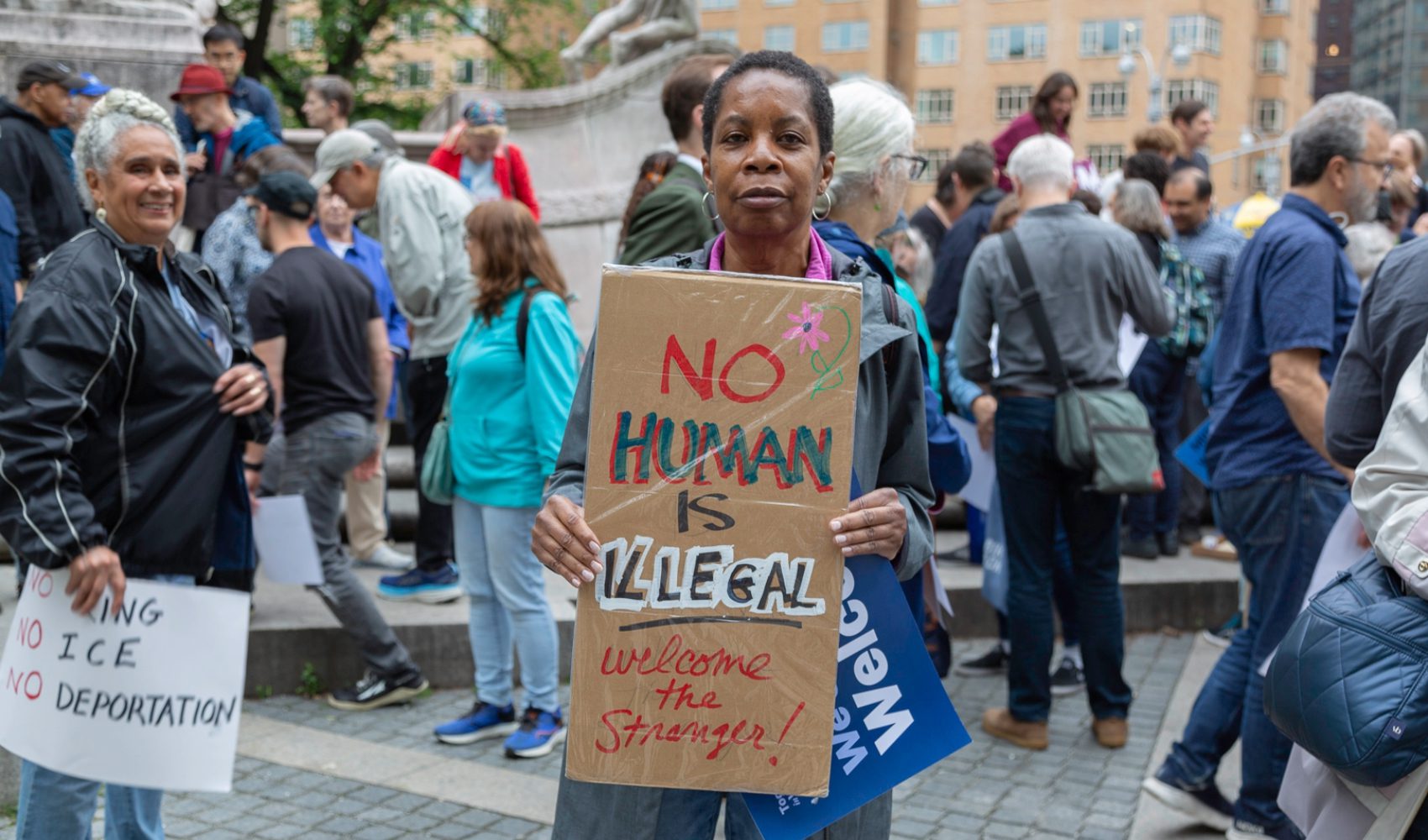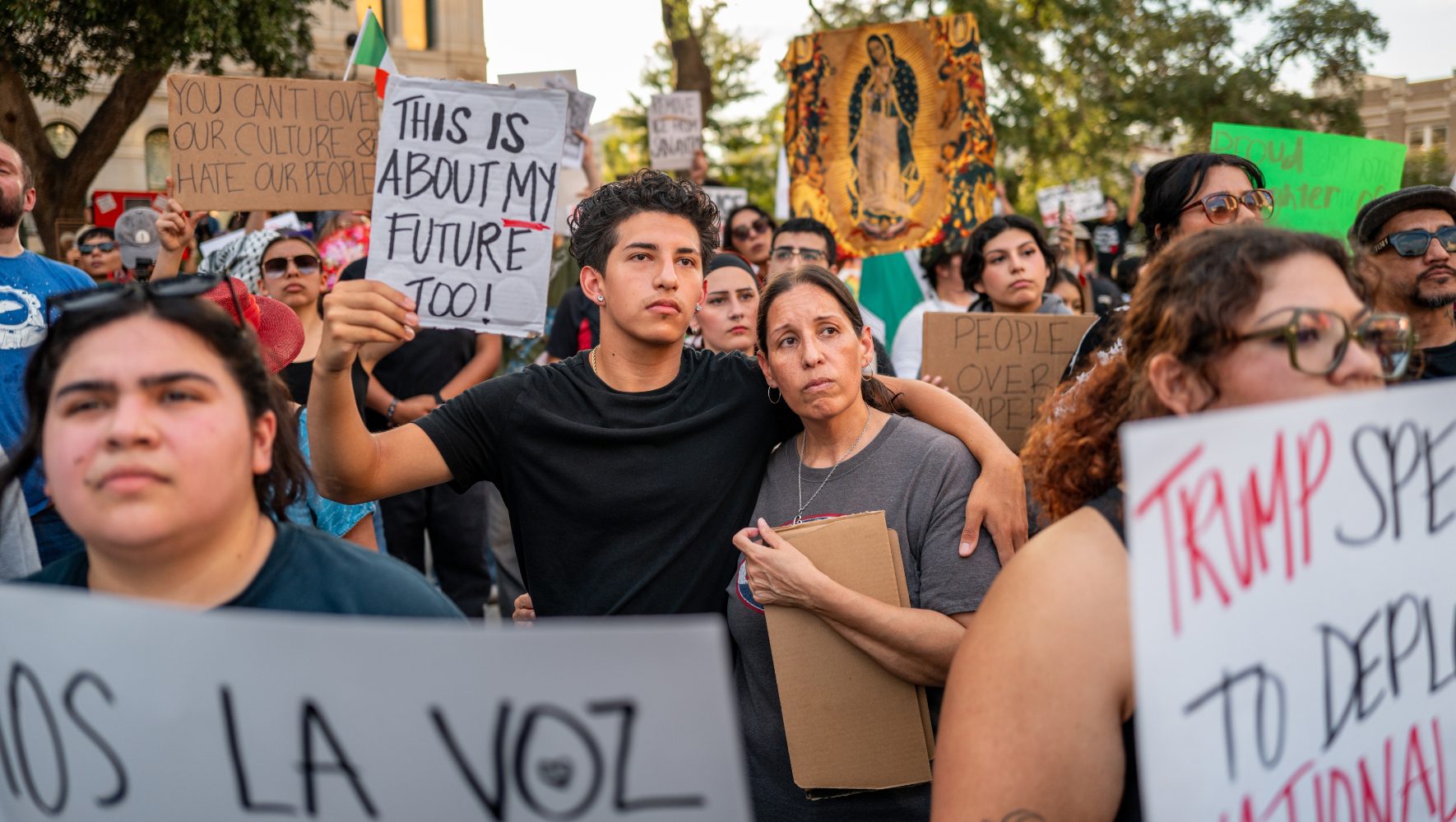Global Leaders Pledge Increased Aid for Refugees: What You Need to Know
By Rachel Nusbaum, HIAS.org
Sep 21, 2016
Speaking to assembled world leaders at the UN General Assembly on Tuesday, President Obama called for empathy for the “innocent men and women and children, who, through no fault of their own, have had to flee everything that they know, and everything that they love.”
“We have to imagine what it would be like for our family, for our children, if the unspeakable happened to us,” Obama said. “And we should all understand that ultimately our world will be more secure if we are prepared to help those in need.”
Many nations did announce new commitments this week. Canadian Prime Minister Justin Trudeau said on Monday that his country would increase its humanitarian assistance by 10 percent this fiscal year, as well as a new $64.5 million commitment to support people affected by humanitarian crises around the world.
The Obama Administration also recently announced its commitment to accepting 110,000 refugees in fiscal year 2017—meaning there will be 25,000 more life-saving resettlement spots in the U.S. than were offered this year.
The White House also announced commitments from 51 companies to invest, donate or raise more than $650 million to aid refugees, “to demonstrate that private sector innovation and resources can have a durable impact on refugees residing in countries on the frontlines of the global refugee crisis and in countries of resettlement, like the United States.” For example, financier George Soros pledged to invest up to $500 million in companies leveraging their resources and ingenuity to aid refugees worldwide, and Facebook pledged to bring Wi-Fi connectivity to 35 locations across Greece.
“These summits will not transform the world for refugees, but they are an important start,” said HIAS President and CEO Mark Hetfield. He noted the contrast with the Evian Summit, held in France in July 1938 to discuss Jewish refugees from Nazi Germany.
“With the sole exception of a pledge from the Dominican Republic to accept refugees, countries—including the United States, which instigated the conference—sent relatively low level representatives to Evian, and the conference is considered to be one of the greatest failures of leadership of the 20th century,” Hetfield noted.
“In contrast, this week, in spite of growing xenophobic pressure in many countries, heads of state and foreign ministers will take a stand by representing their countries at these events. That is progress, and gives us reason to hope,” Hetfield said.
In advance of the summits, HIAS joined 30 other NGOs in a pledge to collectively invest $1.2 billion in private resources on global humanitarian assistance efforts over three years.
Former HIAS client and Kindertransport survivor Manny Lindenbaum attended the Leaders’ Summit on the Global Refugee Crisis, convened by President Obama on Tuesday on the sidelines of the UN summit.
“I hope that the summit does away with the paranoia and the fear,” said Lindenbaum of the event, “and recognizes that refugees, no matter where they came from—as families, as children with their mothers and their fathers—want a life, want their kids to go to school.”
“As Jews, we have a special responsibility,” he continued, “and I’m relieved that HIAS is there...reaching out not only to Jewish people, but to refugees all over the world.”
“The more we embrace refugees, the more they will become part of our culture,” he continued. “The more we keep them on the outside, the more likely they are going to feel alienated and resentful,” he added. “We need to embrace them.”
Lindenbaum’s attendance was very apt, according to HIAS President and CEO Mark Hetfield. “Today's refugee protection regime came into being as a response to ensure that never again would people who are persecuted be trapped inside their countries of persecution, which is what happened to Manny's parents and sister, who were not able to escape and then were murdered at Auschwitz,” Hetfield said.
“At a time when global response mechanisms have been strained past their limits by displacement levels not seen since the Second World War, it is incumbent upon the international community to act,” the governments of Canada, Ethiopia, Germany, Jordan, Mexico, Sweden and the United States said in a joint statement issued at the conclusion of the Leaders’ Summit. “The commitments announced today will help ensure that one million children have improved access to education and that one million more refugees have opportunities to pursue opportunities to legally access work.”
Olympic swimmer and refugee Yusra Mardini addressed the meeting, describing how she and her sister helped to pull their sinking boat, and all those aboard it, to safety during their flight across the Mediterranean. “I am now based in Germany, where my family is building a new life. But it is hard to start again with nothing,” she said.
“I want to help change people’s perception of what a refugee is,” Mardini said, just before President Obama took the stage. “Refugees are normal people who can achieve great things if given the opportunity.”
“Right now, in crowded camps and cities around the world, there are families...who’ve endured years—in some cases, decades—as refugees, surviving on rations and aid, and who dream of someday, somehow, having a home of their own,” said President Obama.
“Just as our failure to act in the past, for example, by turning away Jews fleeing Nazi Germany, is a stain on our collective conscience, I believe history will judge us harshly if we do not rise to this moment,” Obama said.
In case you missed it: Check Out Our Summit Preview
